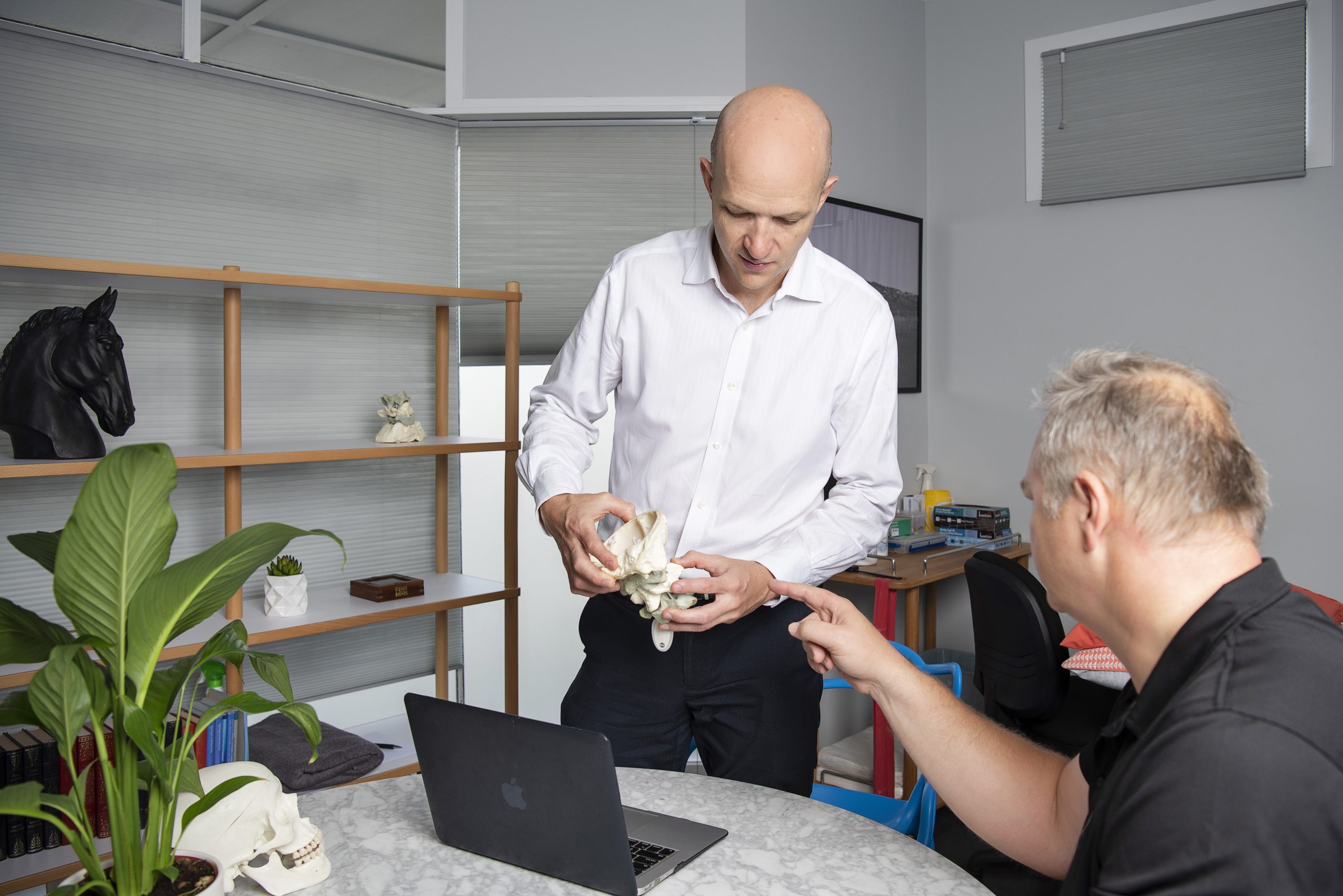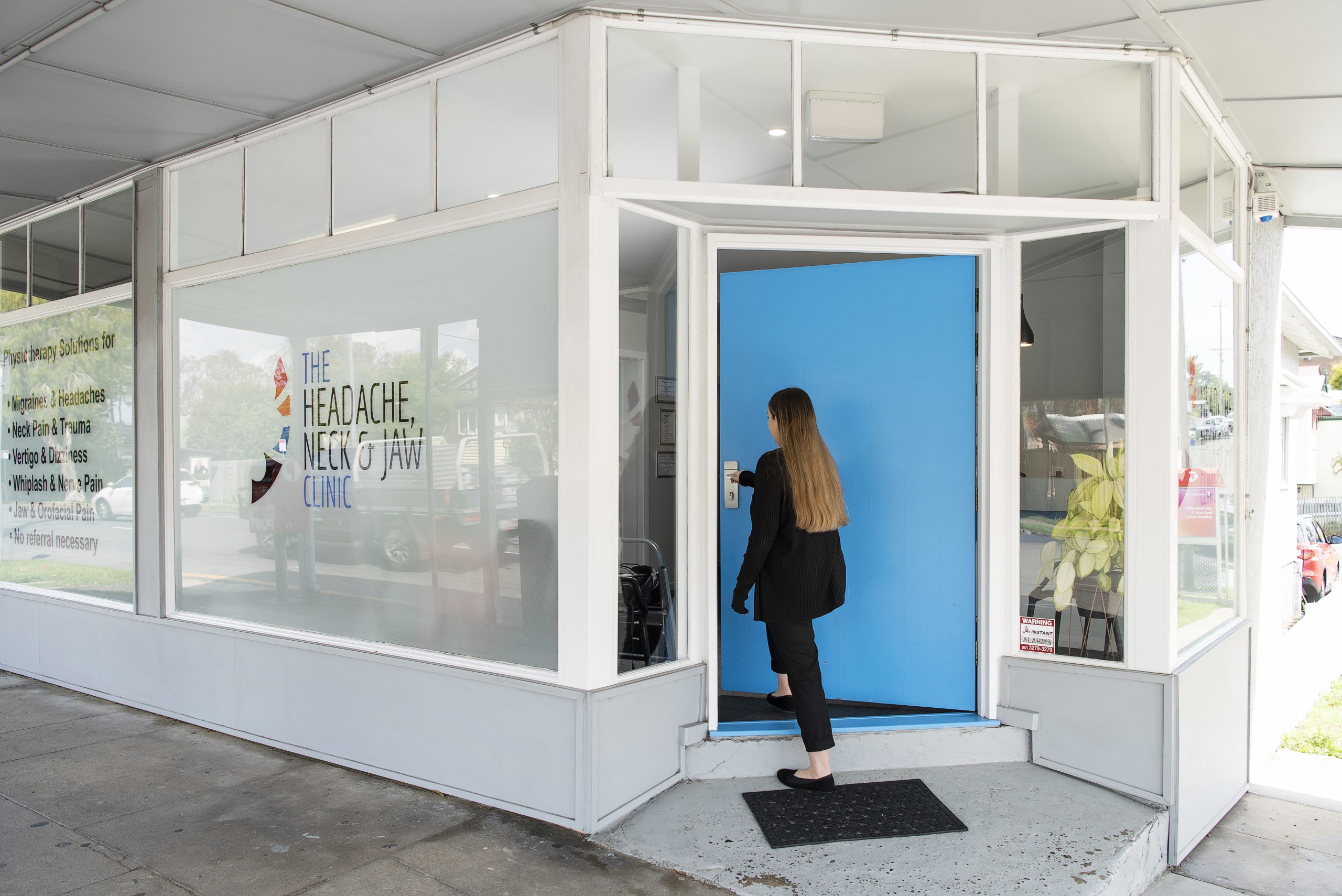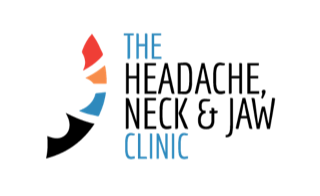Vestibular Resources for Patients

Referring a Patient? - Click Here
Vestibular Migraines
When discussing a vestibular migraine, it’s important to understand how a migraine, differs from a headache first. A headache, by definition, is an ache in the head. Where as a migraine is a much more severe/complex condition, which may result in a headache, as well as several other symptoms, known as “auras”. A severe headache is not necessarily a migraine and a migraine does not necessarily cause an ache in the head.
Common migraine auras include:
- Visual disturbances (including blind spots, patches etc)
- Light sensitivity
- Sound sensitivity
- Nausea and vomiting
- Pins and needles or numbness
When a patient is suffering from a vestibular migraine, they will experience symptoms such as vertigo, imbalance and general dizziness, which often worsen with certain movements. It is also possible to experience neck pain and tinnitus during a vestibular migraine, along with general headaches. Current research around what actually causes vestibular migraines is still not fully understood. The common train of thought currently is that abnormal signals are sent to the brain via the source of the migraines (eg. the neck) but instead of being transmitted like a normal migraine, is transmitted to the vestibular system.
Often a diagnosis of vestibular migraine is made when all other possibilities have been ruled out and the symptoms match the above list. At first, the inner ears will be tested for vertigo, followed by a full central assessment, to rule out any nasty underlying causes. In a lot of patients, their necks may be involved in their vestibular migraine and as such, this is tested. If it is determined to be playing a role, it will be treated accordingly, via manual therapy. Along with this, most patients with vestibular migraines respond well to balance retraining and general vestibular rehabilitation exercises.
Most patients who suffer from a vestibular migraine are also encouraged to seek pharmaceutical help from their Doctors, in order to desensitise their dizzy and balance symptoms. There has also been recent evidence to suggest a regular healthy lifestyle can improve vestibular migraine symptoms including:
- Regular exercise
- Avoiding food that will trigger migraines (eg. Dark chocolate, red wine etc)
- Maintaining regular fluid intake
- Consistent sleep
Vestibular migraines are a serious diagnosis. But with proper therapeutic treatment and a healthy lifestyle, it can be managed to a point where patients no longer experience any symptoms.
Author: Scott Cook
Headache, Neck & Jaw Conditions We Treat
Our Brisbane clinics specialise in the treatment of head, neck and jaw conditions, many of which are notoriously difficult to treat. If you’re experiencing symptoms of any of the following problems, our team has the expertise and training to help.
Headaches
Migraines
Jaw and Orofacial Pain
Neck Pain and Trauma
Whiplash and Nerve Pain
Vertigo & Dizziness
Tinnitus
Singing / Vocal
Therapy
Book an Appointment
If you’re experiencing pain or discomfort then don’t put it off - contact our friendly team today to make an appointment with one of our expert physiotherapists.
Book Your Appointment Now!
Get in touch with us today for more information on our services or to make an appointment with our friendly team.

